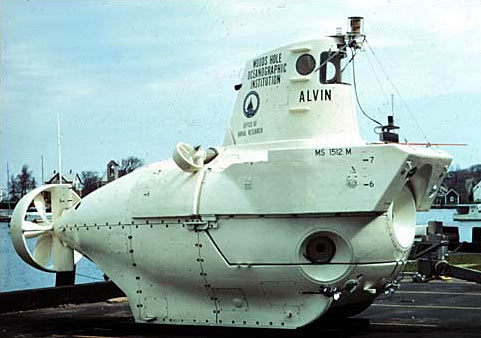Osiris 28: Music, Sound, and the Laboratory from 1750–1980 (2013)
Filed under journal | Tags: · acoustics, hearing, history of science, listening, music history, noise, physics, psychoacoustics, science, sound, sound studies, video

“The understanding of sound underwent profound changes with the advent of laboratory science in the nineteenth and twentieth centuries. New techniques of sound visualization and detection, the use of electricity to generate sound, and the emergence of computers radically reshaped the science of acoustics and the practice of music. The essays in this volume of Osiris explore the manifold transformations of sound ranging from soundproof rooms to psychoacoustics of seismology to galvanic music to pedaling technique. They also discuss more general themes such as the nature of scientific evidence and the development of instruments and instrumentation. In examining the reciprocity between music and science, this volume reaches a new register in the evolution of scientific methodology during the nineteenth and twentieth centuries.”
Edited by Alexandra Hui, Julia Kursell, and Myles W. Jackson
Publisher University of Chicago Press, August 2013
ISBN 022605375X, 9780226053752
303 pages
PDF (updated on 2020-4-16)
Comment (1)Stefan Helmreich: An Anthropologist Underwater: Immersive Soundscapes, Submarine Cyborgs, and Transductive Ethnography (2007)
Filed under paper | Tags: · anthropology, anthropology of sound, cybernetics, cyborg, ethnography, hearing, immersion, listening, media, noise, science, sound, sound studies, transduction, water

“In this article, I deliver a first-person anthropological report on a dive to the seafloor in the Woods Hole Oceanographic Institution’s three-person submersible, Alvin. I examine multiple meanings of immersion: as a descent into liquid, an absorption in activity, and the all-encompassing entry of an anthropologist into a cultural medium. Tuning in to the rhythms of what I call the “submarine cyborg”—“doing anthropology in sound,” as advocated by Steven Feld and Donald Brenneis (2004)—I show how interior and exterior soundscapes create a sense of immersion, and I argue that a transductive ethnography can make explicit the technical structures and social practices of sounding, hearing, and listening that support this sense of sonic presence.” (Abstract)
Published in American Ethnologist 34(4), 2007, pp 621-641.
PDF (from the author, updated on 2016-8-25)
Comment (0)Alessandro Delfanti: Biohackers: The Politics of Open Science (2013)
Filed under book | Tags: · biology, capitalism, code, commons, diy biology, freedom, gift economy, hacker culture, hacker ethic, hacking, information, intellectual property, open science, open source, science, software, technology

“Biohackers explores fundamental changes occuring in the circulation and ownership of scientific information. Alessandro Delfanti argues that the combination of the ethos of 20th century science, the hacker movement and the free software movement is producing an open science culture which redefines the relationship between researchers, scientific institutions and commercial companies.
Biohackers looks at the emergence of the citizen biology community ‘DIYbio’, the shift to open access by the American biologist Craig Venter and the rebellion of the Italian virologist Ilaria Capua against WHO data-sharing policies.
Delfanti argues that these biologists and many others are involved in a transformation of both life sciences and information systems, using open access tools and claiming independence from both academic and corporate institutions.”
Publisher Pluto Press, London, 2013
Creative Commons Attribution-NonCommercial-NoDerivs 3.0 License
ISBN 9781849649070
176 pages
Review (Alice Bell, The Guardian, 2013)
Review (Stefano Golinelli and Luc Henry, Science, 2014)
EPUB
PDF (added on 2018-10-17)
Issuu

